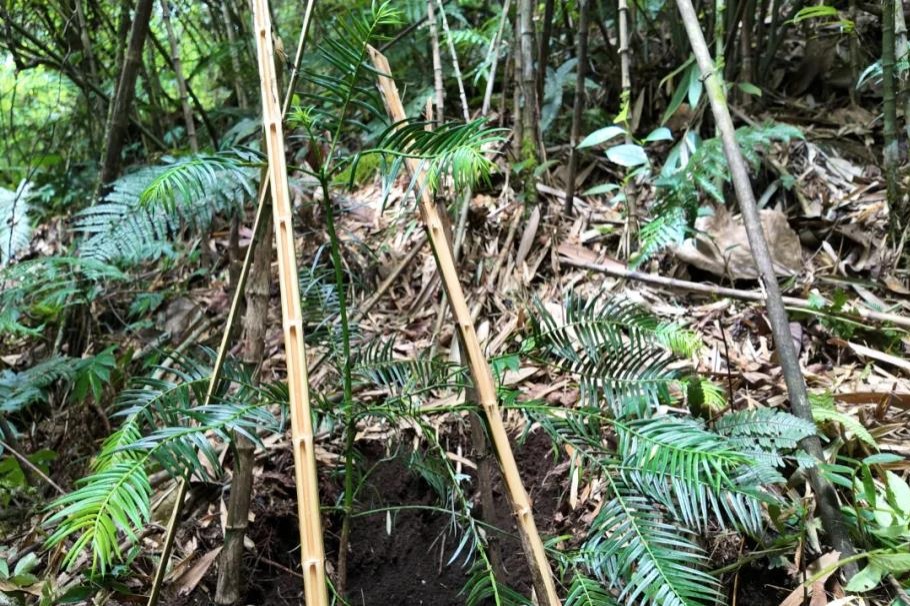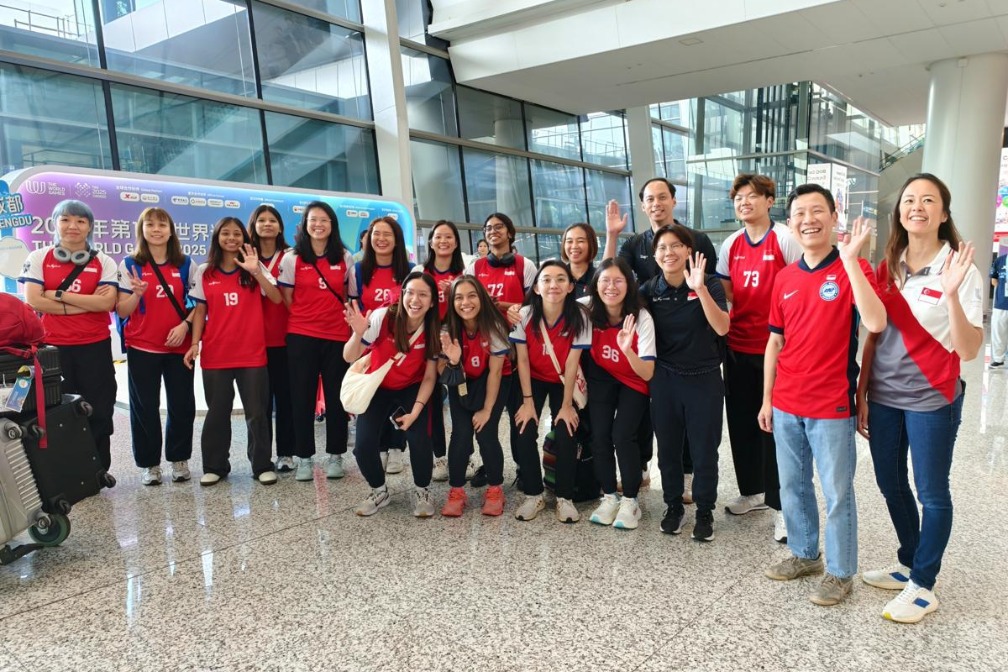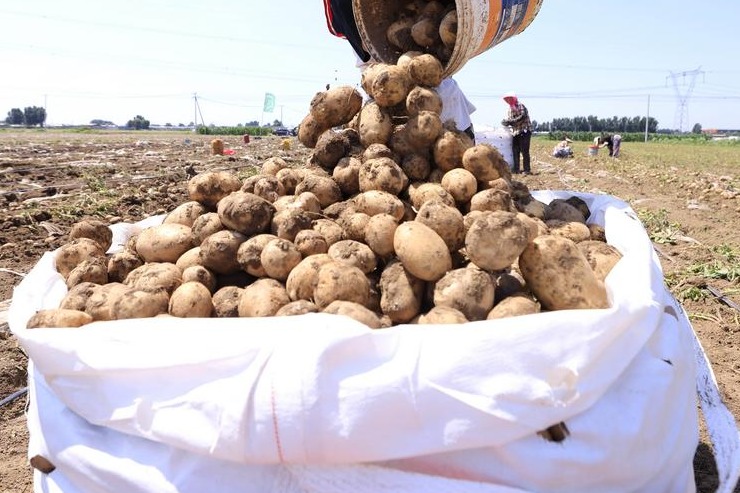Ethnic group serves up a recipe for tourism

LHASA-In a remote village tucked away in the foothills of lush green mountains in Southwest China's Tibet autonomous region, Hong Wei boils chicken, steams rice and chops chili, as she prepares a distinctive meal for tourists.
"This is a unique dish of us, Deng people," she says.
The Deng people were once tribal people. They lived in the virgin forests in the southeastern part of Tibet and led primitive lifestyles.
The Deng people used to farm by the slash-and-burn method, and kept records by tying knots. They worshipped deities and warded off evil spirits in a variety of ways. Their hovels were constructed by twigs, haystacks and animal skins. To make a living, they grasped the techniques of using wood sticks, knives and arrows. They hunted wild animals and ate wild vegetables and fruits to survive.
In the 1960s, the government helped move them from the deep forests into river valleys. They gave up their traditional lifestyle and turned to growing crops such as rice and corn. They were able to receive education and gradually merged into modern society. Currently, they live in nine villages scattered around the Zayu county.
These days, the Deng people are using their special culture to jump on the bandwagon of tourism, as an increasing number of people come to visit Tibet.
More than 40 million tourists from home and abroad visited Tibet in 2019, up 19 percent year-on-year, according to local authorities.
In the Deng People's New Village, for example, many tourists visit the village for their "hand-grabbed chicken rice", a dish that the Deng people are known for. To cater to tourism demand, even the houses in the village have been constructed in the Deng way: yellow walls, grey-green tiles and thatched rooftops constitute the village near green rice paddy fields.
Hong has transformed her house into a family inn, offering Deng delicacies.
"All the ingredients for the hand-grabbed rice are grown by ourselves," she says. "We raise the chicken, grow the crops and the chili."
But the meal would not be complete without the seasonings from the mountains.
"To prepare the hand-grabbed rice, you need to steam the chicken, chop it into slices and mix them with steamed rice," she says. "We also add wild green onions into the rice."
The Deng people wrap the rice and chicken meat in Japanese banana leaves. The meal is usually eaten alongside chicken meat, wild vegetables and fish mint salad soaked in chili sauce.
"We also provide homemade rice wine, which is sweet and a bit sour too," says Hong. "The wine tastes best with the chicken rice."
Hong says the hand-grabbed chicken rice is a traditional delicacy that the Deng people make on festivals or to entertain guests.
"In the past, it was the men who made the meals in accordance with our tradition," she says. "Now women have also begun to cook in the kitchen."
The village's tourism boom is driven by aid from the southern metropolis of Shenzhen, Guangdong province. In late 2016, with the help from the Shenzhen team sent to support Tibet, the village launched the Deng people family inn project.
By the end of 2018, the project managed to rake in a profit of about 500,000 yuan ($70,516), increasing the incomes of five Deng families. The Deng people bid farewell to absolute poverty that year.
Hong and three other families joined in the project. Besides the hand-grabbed rice brand, they also plan to develop roasted dishes to attract more tourists.
By 2019, the average annual income per capita had exceeded 20,000 yuan in the Deng villages, as local residents started doing business such as growing kiwi fruits and raising pigs.
"In the past, we, Deng people, were unaware of what commodities were," says local official Jin Xia. "Now with such a favorable business environment and policies, I am confident that people's lives will become increasingly better."
Xinhua
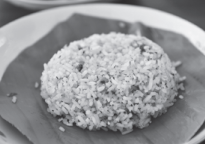
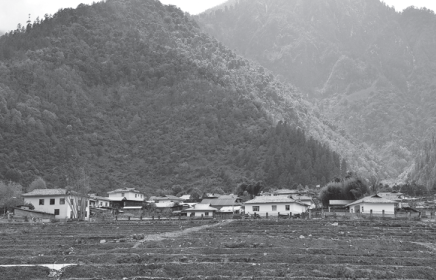
Today's Top News
- Xi stresses key role of public opinion
- War-themed movies teach important lessons
- Xi urges studying, absorbing netizens' opinions in formulating 15th Five-Year Plan
- Yuan eyes greater role among safe-haven assets
- China set to clean up online health content
- China, EU can shape climate governance




















